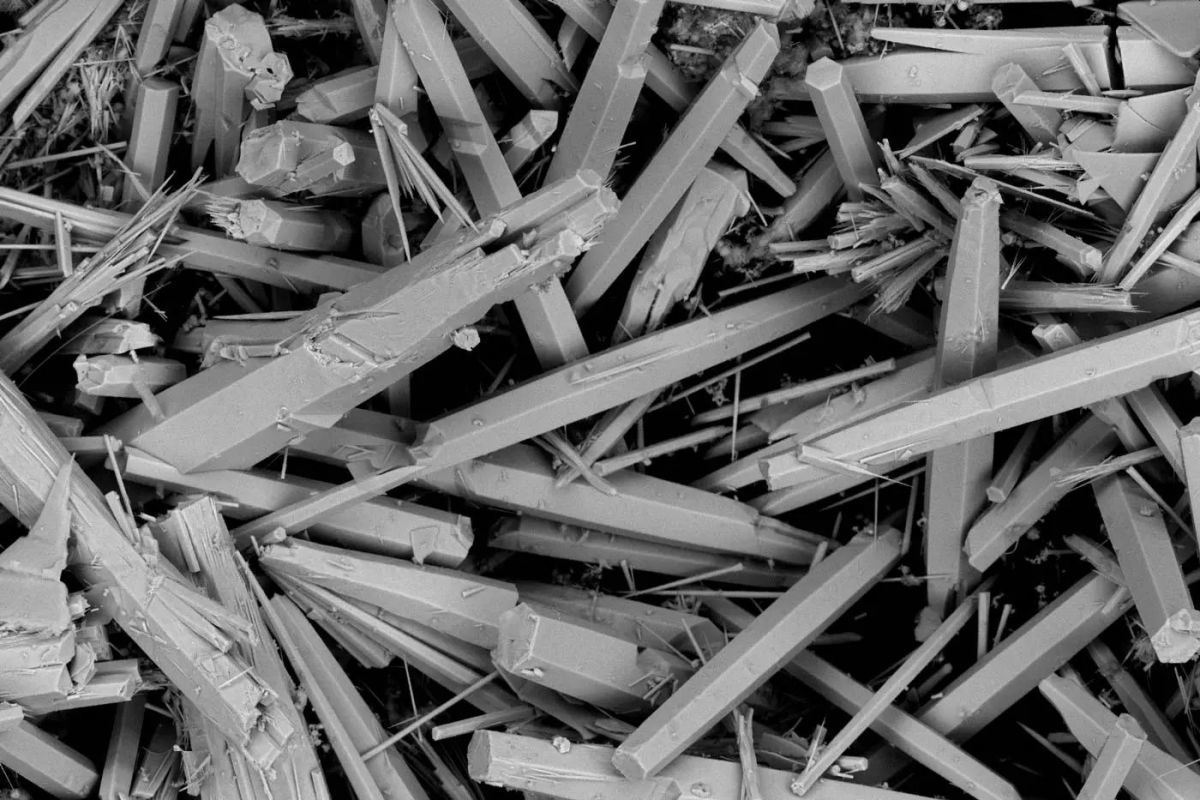New ground-breaking method allows nearly 100 % recovery of REEs in Fetsjön
02.05.2023The mining company Eurobattery Minerals AB (Nordic Growth Market: "BAT" and Börse Stuttgart: "EBM"; in short: "EBM", "Eurobattery" or "the Company") received the first results from the research partnership with Uppsala University in collaboration with AGH University of Science and Technology in Krakow, Poland. The results outline new methods for large-scale extraction of rare earth elements (REEs) in its Fetsjön project in Sweden. REEs are critical raw materials for the battery industry & new energy solutions. With almost 100 % imports from outside the EU, the region has set a target to increase its self-sufficiency.
Key points
The new ground-breaking method developed and tested allows close to 100% recovery of REEs from Fetsjön and bordering Rönnberget apatite minerals.
- Previous analysis of the complete REE-bearing shale formation that covers Eurobattery Minerals Fetsjön and Rönnberget exploration targets is estimated to be 165 000 to 180 000 tons of REEs. The magnitude of the exploration target was confirmed in a NI43-101 technical report by a qualified person.
- Recovery of the REEs can be made through chemical treatment at low temperatures, thus avoiding costly and time-consuming mechanical treatment. Low-temperature treatment allows for the circular use of the chemicals.
- Next step: additional tests on detailed characterization of the REE-bearing minerals and possibly large-scale pilot plant shortly.
“These are extremely exciting results from our joint research project. According to previous analyses, we know that our Fetsjön project, and bordering Rönnberget, have large occurrences of REEs. As these first results suggest, with a close to 100 % recovery rate, this would mean that we have a very significant rare earth elements deposit in hand, where we could apply a new revolutionary recovery method,” said Roberto García Martínez, CEO of Eurobattery Minerals.
Based on drill core samples from Eurobattery Minerals Fetsjön prospect area in northern Sweden (more details about Fetsjön and Rönnberget), the scientists have performed a detailed mineralogical and geochemical study of shales and identified the minerals carrying REEs, mainly apatite. Due to its composition, the Fetsjön carbonate-apatite shale is particularly well suited for leaching REEs by modern methods according to the scientists.
The Uppsala-Krakow team has developed a new, low-cost, and efficient method for beneficiation of REEs from apatites and similar mineralization (more details) to obtain as high as 100% of the REEs from the Fetsjön deposits containing apatites, carbonate minerals, and other REE carriers. Further to this, the process identified is very efficient both from a cost and time perspective as it enables the extraction of REEs using only chemical treatment at low temperatures, thus avoiding the step of mechanical pretreatment and heating. Furthermore, the low-temperature treatment means that the chemical can be recycled and reused again.
“REEs consist of scandium, yttrium, and the lanthanides which are critical components for electrification, so there is a huge demand for raw materials. However, extracting REEs, particularly from apatites, is often very challenging. Therefore, I am excited about the preliminary results from our project showing that our new approach allows obtaining such high percentages and do it solely with chemical treatment of the carbonate-apatite rock,” said Prof. Jaroslaw Majka at Uppsala University.
EU classifies REEs as critical raw materials; today, the region is almost 100% dependent on imports. EU is therefore pushing for more European recovery of REEs. “In this context, Eurobattery Minerals, its project in Fetsjön and the research collaboration play a significant role in increasing Europe's self-sufficiency of responsibly mined battery minerals,” said Roberto García Martínez.
The project will now continue with additional tests on detailed characterization. Further, the parties are investigating the opportunity for a large-scale pilot plant in the near future.
The research project is conducted by Prof. Jaroslaw Majka at Uppsala University and Prof. Maciej Manecki at AGH University of Science and Technology in Krakow supported by Ph.D. candidate Julia Sordyl representing both universities.

